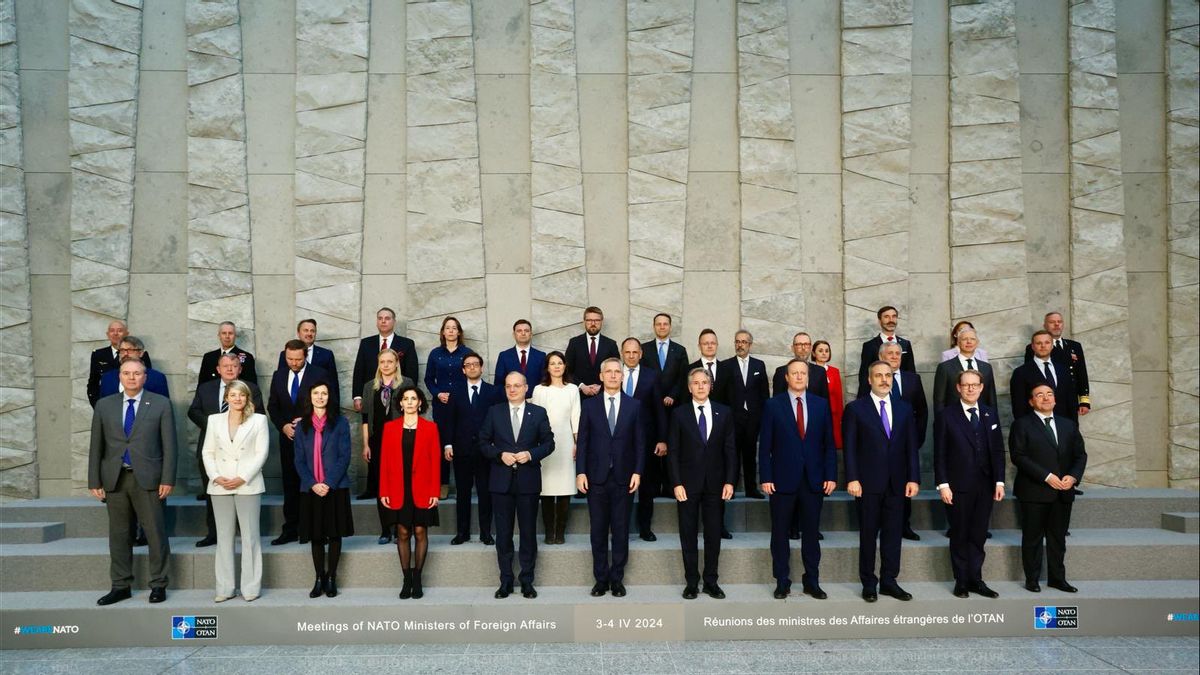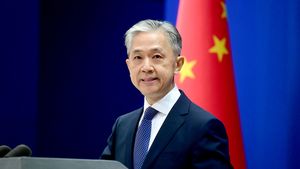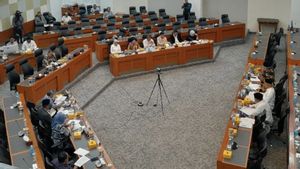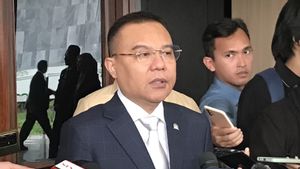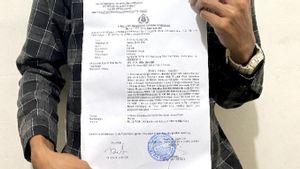JAKARTA - North Korea and Iran's military support for Russia has serious global security consequences that cannot be ignored by the 32-member North Atlantic Treaty Organization (NATO) alliance, said Secretary General Jens Stoltenberg on Wednesday.
Pyongyang has sent ballistic missiles and other weapons to Russia. Meanwhile, Iran has also provided Moscow with a supply of Shahed drones, which are often used to attack Ukrainian infrastructure.
In return, Russia has provided technology and supplies that aid their missile and nuclear capabilities.
This closeness makes Western countries increasingly worried that Tehran will soon send ballistic missiles to Russia.
"Russia's friends in Asia are very important for continuing this war of aggression," Stoltenberg said at a meeting of the alliance's foreign ministers in Brussels, Belgium, as reported by Reuters, April 4.
Furthermore, Stoltenberg said, China also "props up Russia's war economy."
"This has regional and global security consequences," Stoltenberg said, adding that ministers would discuss how to deal with the issue.
In February, Reuters reported Iran had provided Russia with a large number of powerful surface-to-surface ballistic missiles, citing six sources, in a sign of deepening military ties between the two countries hit by US sanctions.
Although Washington and other Western officials have repeatedly warned Iran against providing Russia with such weaponry, they have not confirmed that Moscow has taken delivery of the missiles.
Meanwhile, both the G7 and the European Council said such a move would have major consequences for relations with Tehran, saying third parties providing weapons could also face further action.
Separately, European diplomats said potential action against Iran could include targeting Iran Air, banks in Europe, and possibly reimposing UN Security Council sanctions as part of the nuclear deal between Iran and major powers.
SEE ALSO:
According to five European diplomats, the foreign ministers of France, Germany, the Netherlands, the Baltic States, the Czech Republic, Denmark, and Romania sent a letter on February 19 to EU foreign policy chief Josep Borrell requesting new EU sanctions against Iran.
These new measures will have two prongs. Further sanctions would target Iran's support for Russia, but there would also be new measures focused on Iranian individuals and companies that arm, finance, and train proxies in the Middle East as well as possible sanctions against the groups themselves, diplomats said.
According to diplomats, Borrell responded cautiously to ministers by saying there were legal grounds for taking action against the militant group Hamas.
He also warned that any new sanctions must be carefully considered to ensure they are legally reasonable, but also avoid having a detrimental impact on Iran's activities in the region, especially regarding Iran's nuclear program, which is facilitated by the EU.
The English, Chinese, Japanese, Arabic, and French versions are automatically generated by the AI. So there may still be inaccuracies in translating, please always see Indonesian as our main language. (system supported by DigitalSiber.id)
